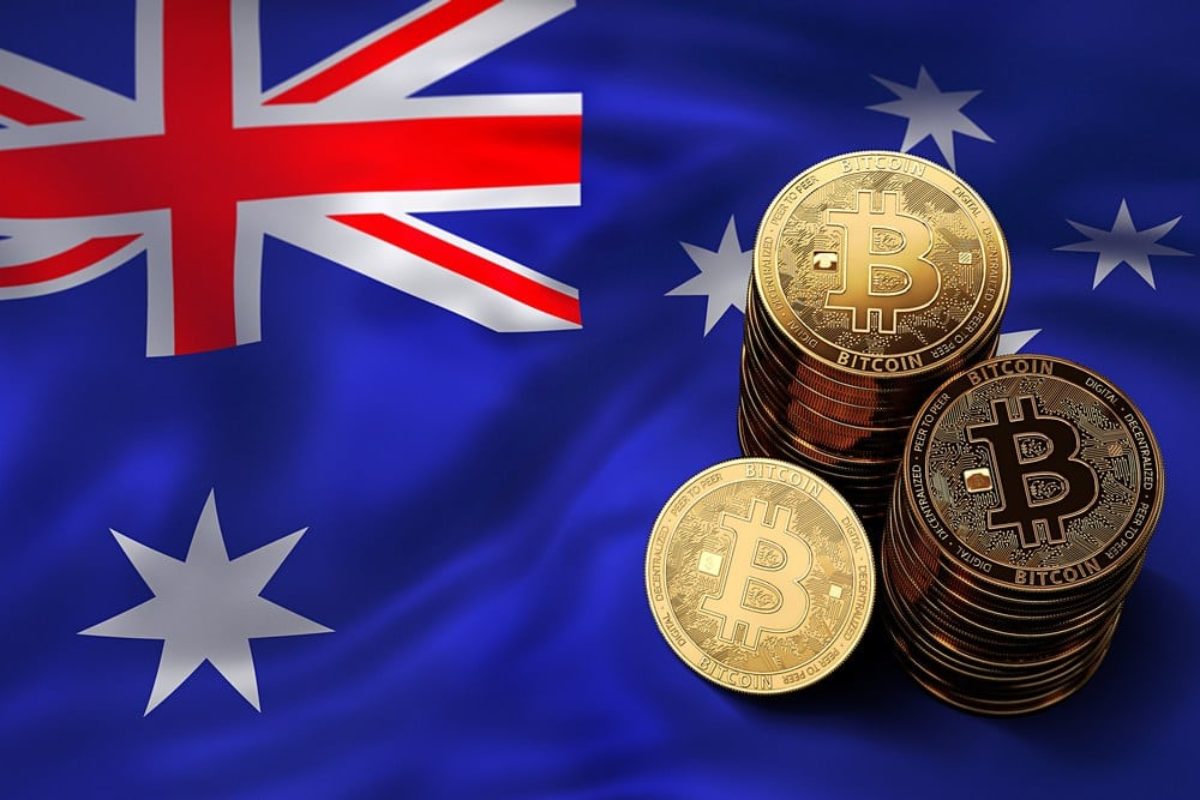Australia Seeks Public Input on Adopting Global Crypto Reporting Standards
24.11.2024 22:00 2 min. read Alexander Stefanov
Australia's Treasury Department is seeking public input on how to implement a global cryptocurrency transaction reporting standard as part of its effort to enhance tax transparency and reduce international tax evasion.
The focus of the consultation, which started on November 21, revolves around the adoption of the OECD’s Crypto-Asset Reporting Framework (CARF). CARF is designed to standardize how crypto-asset transactions are reported, helping tax authorities around the world share and access crucial data.
The OECD introduced CARF in 2022 to tackle the issue of tax evasion facilitated by cryptocurrencies. By 2023, 47 countries, including Australia, committed to incorporating the framework into their tax regulations. Now, Australia is considering two possible approaches for CARF’s adoption: either fully incorporating the framework into Australian tax law or tailoring it to meet the specific needs of the Australian Taxation Office (ATO).
CARF mandates that crypto exchanges and wallet providers report various crypto transactions to the relevant tax authorities. This includes detailed information on digital asset purchases. The Treasury’s paper outlines a timeline for CARF’s potential implementation, which could begin in 2026. The goal is to enable information exchanges between the ATO and other international tax bodies by 2027. The additional time would allow crypto providers to make necessary adjustments to their reporting systems.
[reamdore id=”143028″]Other countries have also started aligning their national tax laws with the OECD’s CARF. Canada plans to implement the framework by 2026, and Switzerland is already in the process of consulting the public on how to integrate the framework into its tax system. Similarly, New Zealand has included CARF in a new tax bill, with the intention for crypto providers to begin reporting transactions in 2026, with data submission deadlines set for 2027. These steps indicate a growing global effort to improve transparency in the cryptocurrency sector and prevent illicit financial activity.
-
1
Warren Buffett Narrows His Bets as He Prepares to Step Down
14.06.2025 16:00 2 min. read -
2
Why Gold Could Be the Smart Play Amidst US Debt Surge
11.06.2025 11:00 1 min. read -
3
MEXC Sets Up $100M Emergency Fund to Protect Users From Major Security Incidents
12.06.2025 11:00 1 min. read -
4
NFTs Quietly Evolve Into Core Digital Infrastructure
13.06.2025 17:00 2 min. read -
5
Peter Thiel-Backed Bullish Quietly Files for IPO as Crypto Firms Eye Wall Street
11.06.2025 22:00 1 min. read
Key U.S. Events to Watch This Week That Could Impact Crypto
The first week of July brings several important developments in the United States that could influence both traditional markets and the cryptocurrency sector.
Here Is How Your Crypto Portfolio Should Look Like According to Investment Manager
Ric Edelman, one of the most influential voices in personal finance, has radically revised his stance on crypto allocation. After years of cautious optimism, he now believes that digital assets deserve a far larger share in investment portfolios than ever before.
GENIUS Act Could Reshape Legal Battle over TerraUSD and LUNA Tokens
In the case involving Terraform Labs and its co-founder Do Hyeong Kwon, the defense has asked the Federal Court for the Southern District of New York to extend the deadline for pretrial filings by two weeks, pushing it beyond the original date of July 1, 2025.
Coinbase Surges 43% in June, Tops S&P 500 After Regulatory Wins and Partnerships
Coinbase has emerged as the best-performing stock in the S&P 500 for June, climbing 43% amid a surge of bullish momentum driven by regulatory clarity, product innovation, and deeper institutional interest in crypto.
-
1
Warren Buffett Narrows His Bets as He Prepares to Step Down
14.06.2025 16:00 2 min. read -
2
Why Gold Could Be the Smart Play Amidst US Debt Surge
11.06.2025 11:00 1 min. read -
3
MEXC Sets Up $100M Emergency Fund to Protect Users From Major Security Incidents
12.06.2025 11:00 1 min. read -
4
NFTs Quietly Evolve Into Core Digital Infrastructure
13.06.2025 17:00 2 min. read -
5
Peter Thiel-Backed Bullish Quietly Files for IPO as Crypto Firms Eye Wall Street
11.06.2025 22:00 1 min. read

